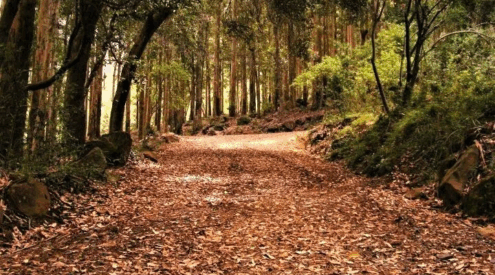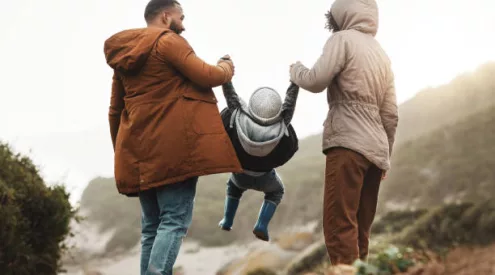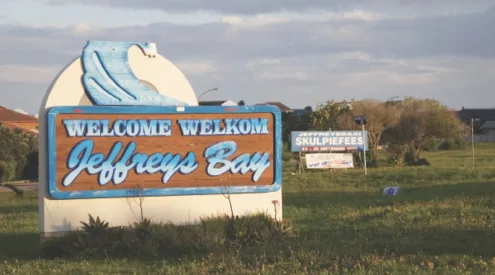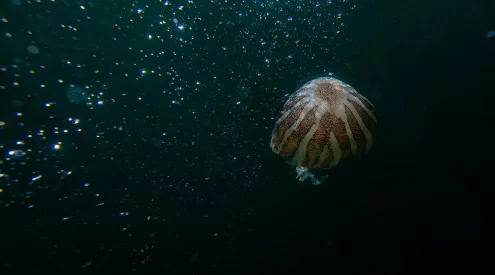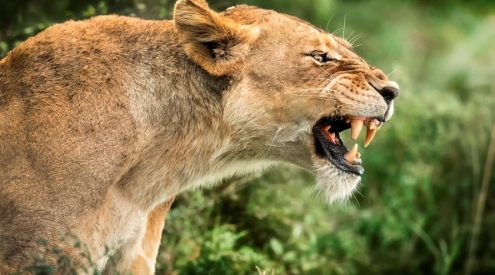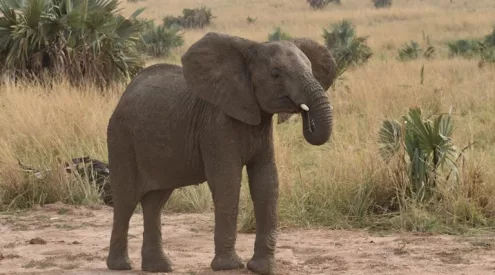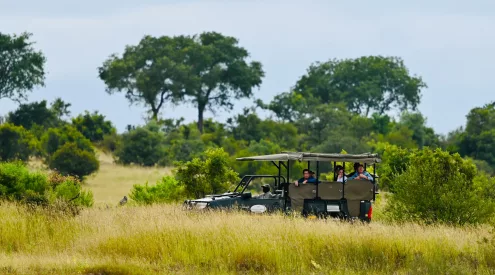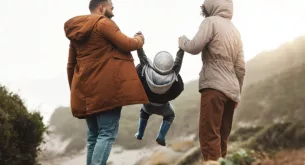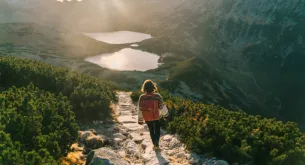The Giant Cape Zebra (Equus capensis), an extinct species of horse that once roamed South Africa’s Cape south coast, has been studied using ichnology, the study of tracks and traces.
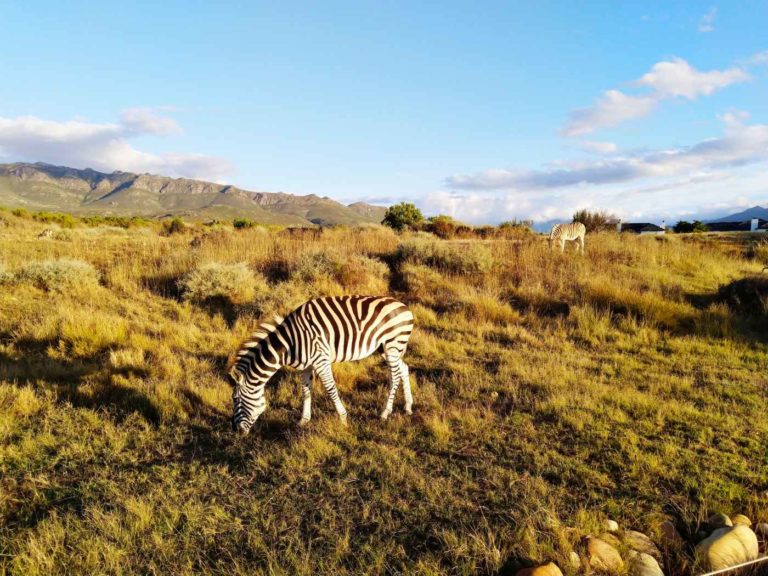
Picture: Getty Images
Despite being extinct for over 10,000 years, the discovery of 26 equid track sites has revealed that the Giant Cape Zebra was a regular sight on the Cape south coast and was more common than previously thought. The body fossil record of the species is predominantly from southern Africa’s west coast. Still, scientists have complemented this data by studying tracks, providing a fuller picture of the species and its movements.
The equid track sites, which include those belonging to Equus capensis and the plains zebra subspecies that became extinct in the 19th century, have been found in aeolianites, or cemented dunes, on the Cape south coast, in the vicinity of towns such as Still Bay and Plettenberg Bay. The findings mean that the Cape south coast accounts for most of the sites known globally from this period, which spanned from 2.6 million years ago to around 11,700 years ago. The age range for the equid track sites has been established through Optically Stimulated Luminescence dating, ranging from approximately 161,000 to 43,000 years.
The discovery of the Giant Cape Zebra tracks is important for better understanding ancient landscapes and the effects of climate change and human impact on species extinction. The study also highlights how combining ichnology and the body’s fossil record can provide a fuller picture of past species and their movements. The rarity of well-preserved equid tracks, such as an unbroken hoof wall and a “frog” towards the centre of the track, make the discovery of the Giant Cape Zebra tracks particularly exciting, especially as long fossil equid trackways are especially rare, and isolated trackways are unusual. The study has allowed scientists to contribute substantially to a relatively sparse global record of such sites.
ALSO READ: New discovery: Elephant bird lineage identified from ancient eggshells
Follow us on social media for more travel news, inspiration, and guides. You can also tag us to be featured.

